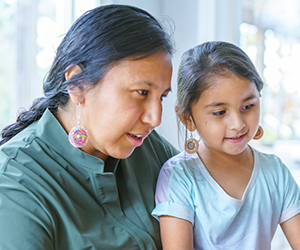All Courses
Popular Courses

Perinatal Substance Use Disorder Series
This series equips medical, behavioral health, and service providers working with perinatal women/individuals with foundational knowledge on perinatal substance use disorders (SUDs).
View Details

Practice Considerations for Native Children, Youth, and Families
View Details

Prospective Payment System Reconciliation
View Details

Race & Behavioral Health: Asian Americans
View Details

Race & Behavioral Health: Latin Americans/Hispanics
View Details

Race & Behavioral Health: Multiracial Americans
View Details

Race and Behavioral Health 101
This course examines the intersection of race and behavioral health in Colorado. You will increase your understanding of the unique challenges faced by communities of color and the cultural factors that influence help-seeking behaviors and treatment outcomes. Topics will include the impact of racial discrimination on behavioral health, cultural beliefs and values related to mental health and substance use, and strategies for addressing behavioral health disparities and improving treatment outcomes.
Throughout the course, you will self-reflect and examine your biases and assumptions about race and mental health. Consistent with the Culture and Behavioral Health foundational course, this course intends to continue your lifelong journey of developing cultural competence and responsiveness.
View Details

Race and Behavioral Health: Black and African Americans
View Details

Race and Behavioral Health: Indigenous Americans
This course explores behavioral health within the context of Native American culture. You will gain an understanding of the unique mental health challenges faced by Indigenous communities.
Topics covered will include historical trauma, intergenerational trauma, substance abuse, suicide, and the impact of colonialism on mental health. You will also examine the importance of cultural identity, spirituality, and community in promoting resilience and well-being among Indigenous peoples.
By the end of the course, you will have a deeper appreciation for the cultural richness and diversity of American Indian & Alaska Native (AIAN) communities and a greater awareness of the need for culturally responsive mental health care.
View Details
